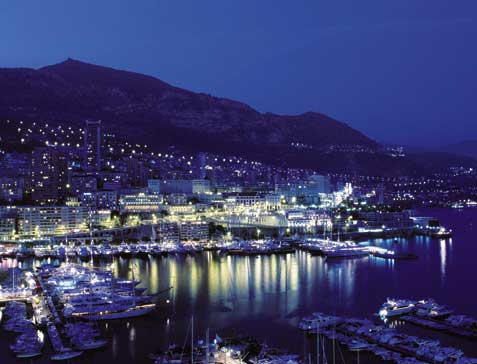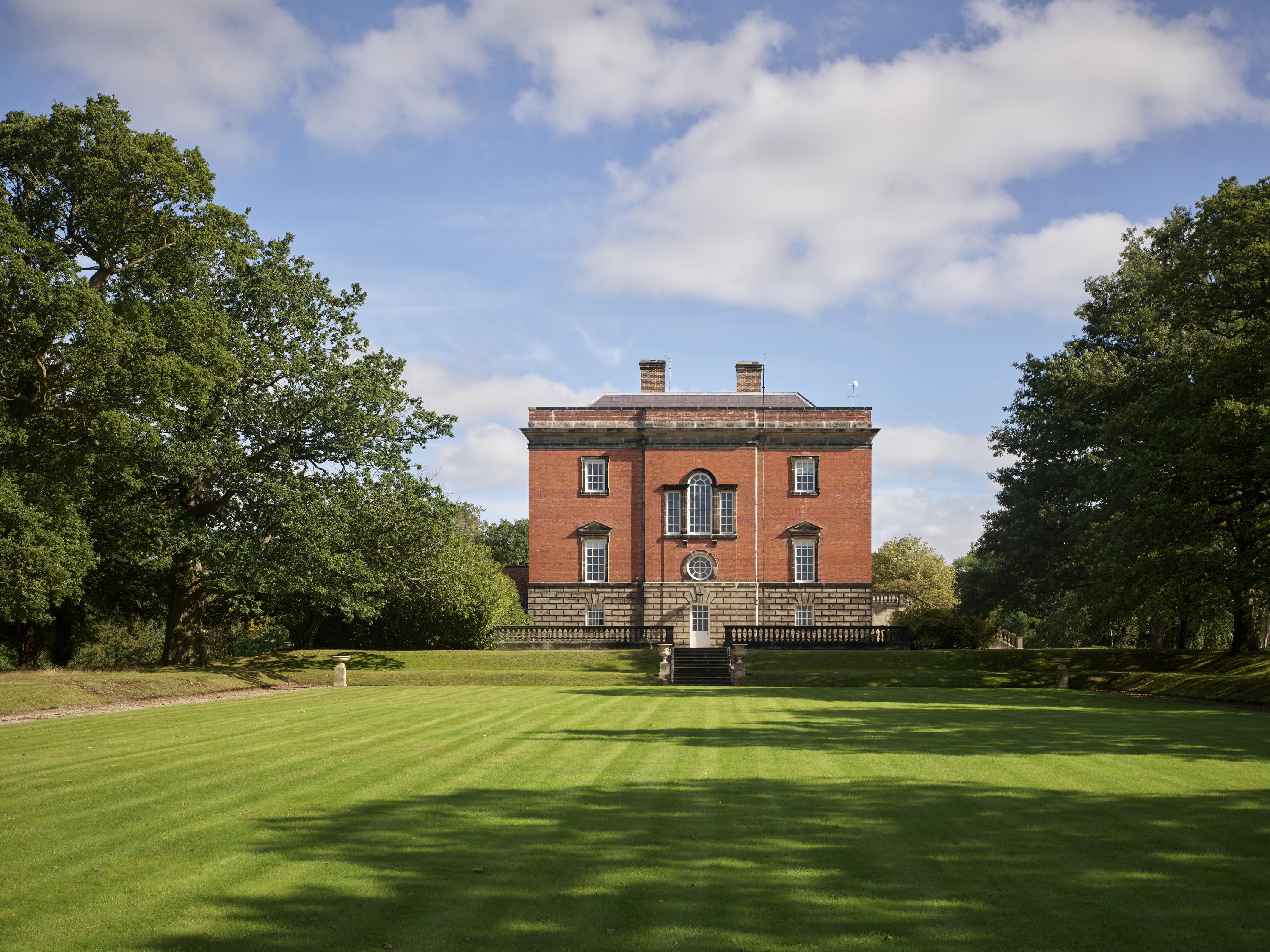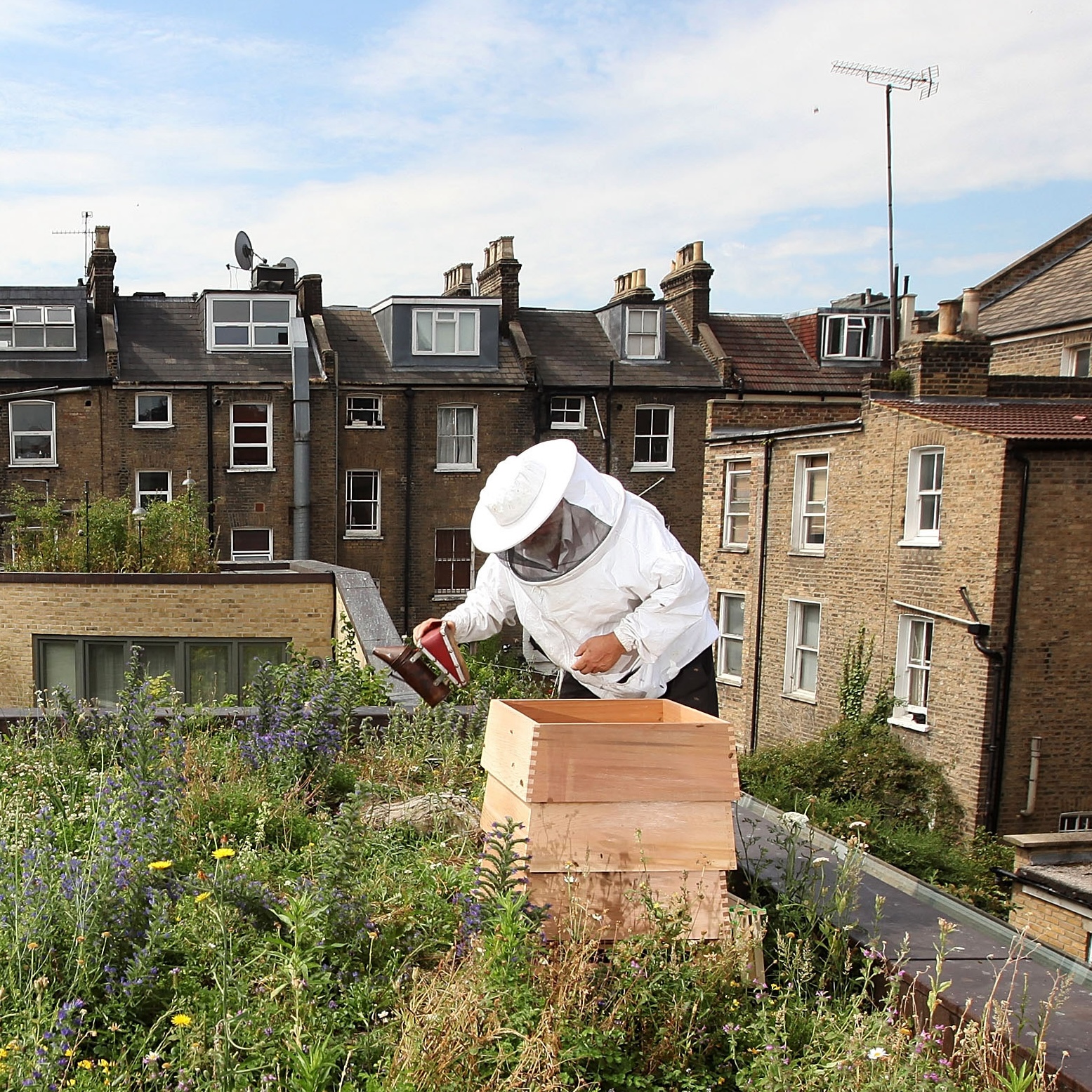Crunch-proof Monaco
The property marketing in Monaco is booming and rather than supplying from a credit crunch, there's a shortage of properties


There are only three superprime property areas in the world: London, New York and Monaco. But it s due to the peculiar demographic and attractive fiscal make-up of Monaco (and the fact that it s barely the size of a postage stamp) that it s the only one of the three that you can safely assume is recession proof .
* Properties for sale in Monaco
Average price growth in the principality last year was 25%, and values of properties priced at more than $10 million grew by close to 30%, according to Knight Frank s Annual Wealth Report.
The market in Monaco is booming, affirms Pieter van Naeltwijck, who works in association with Knight Frank in the principality. In some cases, prices have doubled in value in the past 10 months. We have virtually nothing left to sell or rent. Regardless of what the press are reporting, large parts of the market here are moving, and quickly. People are working and they re spending. Yes, it was a little slower at the beginning of the year, but the market picked up in April and the upper end is now rocketing.
That s absolutely true, says Jean- Claude Caputo of JCC Properties Monaco, who offers a property-finding service for clients wanting to buy properties of all sizes within the principality. In the past 18 months, there has been a substantial increase in prices.
Whether renting or buying in Monaco, most people live in apartment buildings. There are a few villas, but they rarely come to the market. When they do, asking prices can range from 7.5m to 150m. The most expensive properties are located around the Golden Square of the casino gardens. There, and on the waterfront around the harbour, adds M. Caputo. The very rich buyers want the best location, but they want to be high up for the sea views, have a decent-sized terrace and a 24-hour doorman.
But prospective purchasers for these mega-watt apartments are required to process through a series of financial preambles before they re even invited for viewing. One such property is on the market for 175m. No agent is prepared to discuss it, but it s said to comprise two floors, and have an enormous roof terrace with a pool. Seven days notice must be given to arrange a viewing, during which time the identity of the buyer must be divulged to the owner and a banking attestation provided (unless the client s financial security is sufficiently well known for this not to be required).
Sign up for the Country Life Newsletter
Exquisite houses, the beauty of Nature, and how to get the most from your life, straight to your inbox.
Back to the open market, the story is positive: rather than a credit crunch, agents in Monaco report a supply crunch , especially in the larger three- and four-bedroom apartments and small pied-à-terres.
Mr van Naeltwijck currently has a number of apartments in the same block for sale. They ve just been released on the market and are selling like hot cakes. It doesn t matter that they range from 30m to 35m, I m there with clients six times a day. Caroline Olds Gabison from Prime Property (working with Burger-Sotheby s International Realty) in Monaco is adamant: The market continues to surge forward with prices rising and a high demand for properties to rent and buy in all sectors, from studios to large family apartments.
Trevor Gabriel of Monaco Villas agrees: I m pleased to say that the market in Monaco is continuing its upward trend. It s been helped by people moving out of Britain, on account of the Brown Factor and the possible changes to the UK tax system. His buyers and investors see the market continuing the upward trend. In the past 10 years, Mr Gabriel says the prices on average and across the spectrum have at least trebled in value. And in many cases they ve gone up by much more .
It s no easier to lay your hands on property by renting (which is adequate to apply for residency). The comfortable apartments are renting for between 25,000 and 50,000 a month, and something
more regular will rent from between 3,000 to 15,000 a month. The rental situation is almost getting out of hand, says Mr van Naeltwijck. Landlords are cashing in by doubling rents when leases come to an end. There s nothing in the contracts to say they can t, and for every person willing to pay X, there s another happy to pay twice that.
A few years ago, people chose to retire to Monaco. Today, it s British businessmen with young families that are moving to Monaco. They ve overtaken the Italian buyers who used to dominate the market. Other nationalities putting pressure on the supply of apartments include the Irish, Scandinavians and Russians.
Beyond the benign tax system, of which everyone is familiar, what are the charms of living in Monaco? Perhaps its lasting oxymoron is that despite attracting the world s wealthiest individuals, it has a decidedly socialist state system. There is an enviable health care service and social support for families with children. The education system, which is widely regarded as excellent, is free and children even learn how to sail as part of the curriculum. One option is to send your child through the French-speaking state system. Otherwise, places at the International School of Monaco (www.ismonaco.org) are in high demand and the overflow go to the International School of Nice (www.isn-nice.com), explains Mrs Olds Gabison.
The other major attraction is the safety aspect. The streets are heavily policed (see Things you don t know about Monaco) and the close-circuit television network is comprehensive. The police are kind, friendly and helpful and know many of our children by name, explains Mrs Olds-Gabison. Anyone who is silly enough to commit a crime is normally apprehended before they reach the bottom of the street. It s these elements that attract people away from bigger cities in France and Europe.
Contacts
JCC Properties Monaco +377 607 933 819;
Monaco Villas +377 97 70 10 10;
Pieter van Naeltwijck +377 97 70 70 20; www.pvnrealestate.com
Prime Property Monaco +377 93 10 54 48;
Hamptons have just opened an office in Monaco
This article is published in Country Life International Summer 2008
-
 Radbourne Hall, Derbyshire: The Palladian masterpiece reborn as a 21st century family home
Radbourne Hall, Derbyshire: The Palladian masterpiece reborn as a 21st century family homeJohn Goodall takes a look at the incredible resurrection of Radbourne Hall.
-
 Urban beekeeping — from the illegal rooftop hives in New York City to Chelsea Flower Show
Urban beekeeping — from the illegal rooftop hives in New York City to Chelsea Flower ShowThe Tuesday of Chelsea (May 20) is World Bee Day; to celebrate The London Honey Company is sponsoring the Show's Bees of Development Balcony Garden.